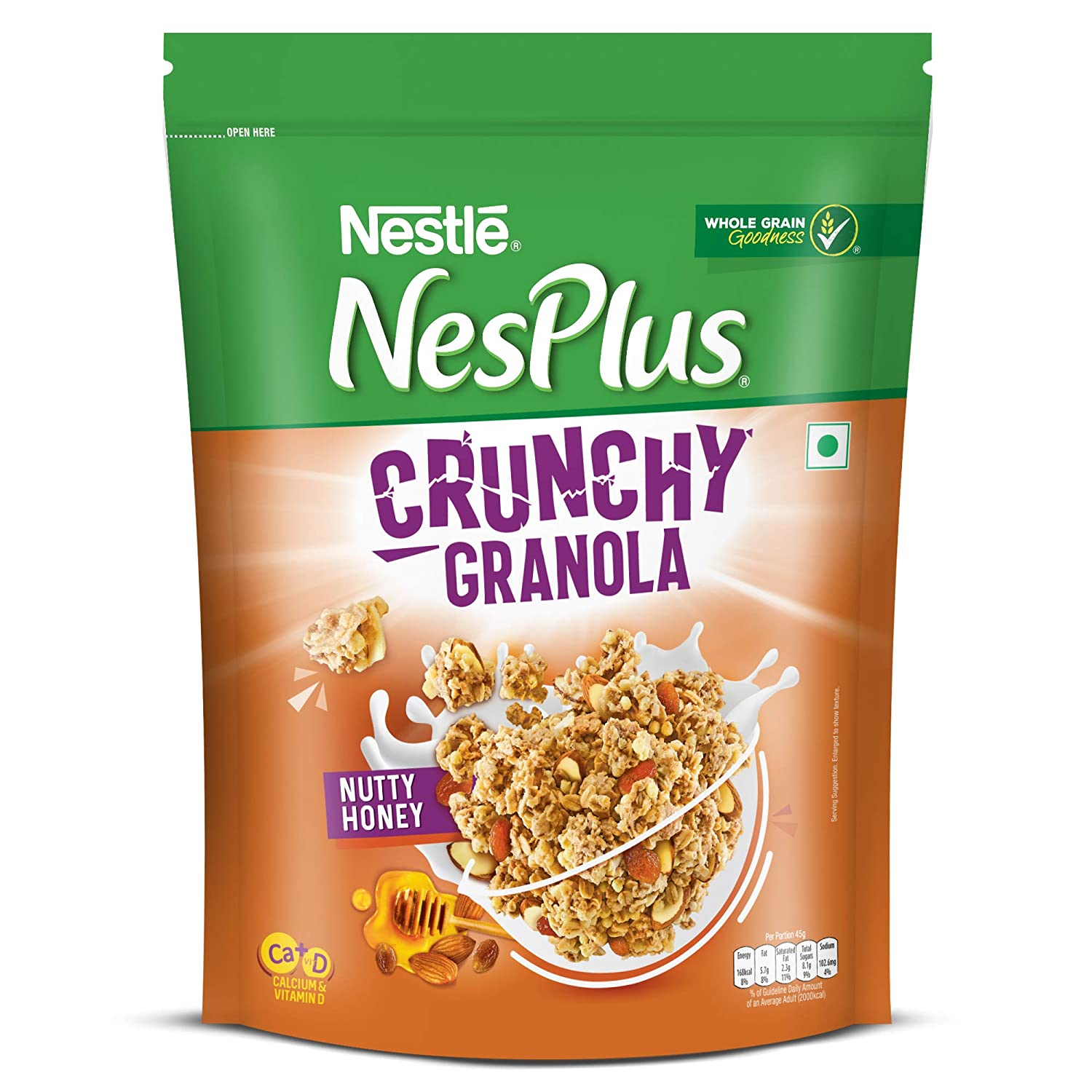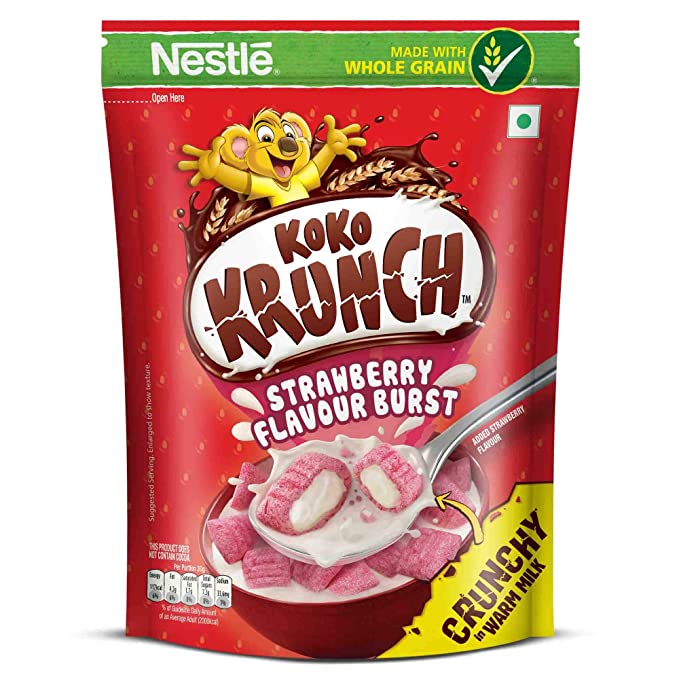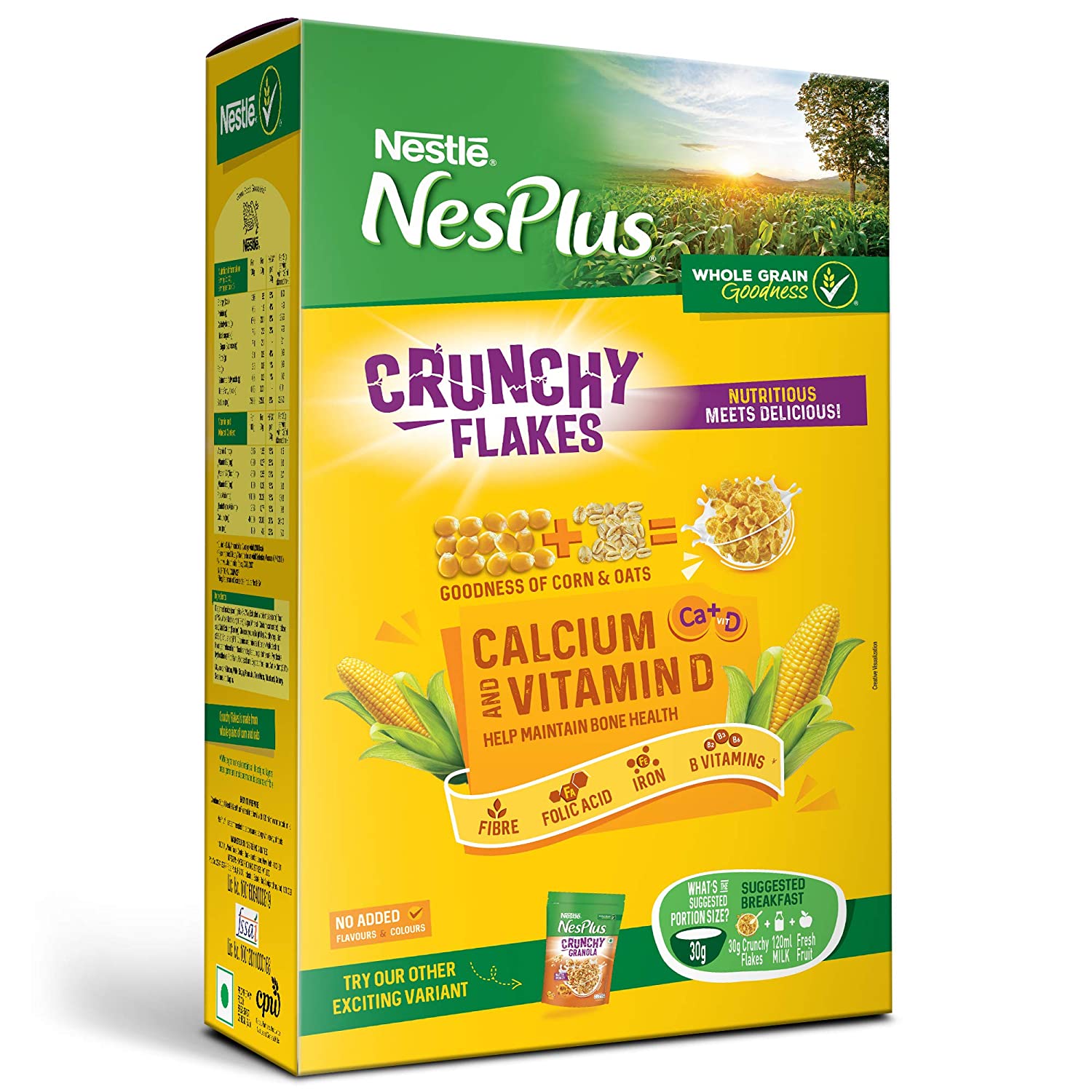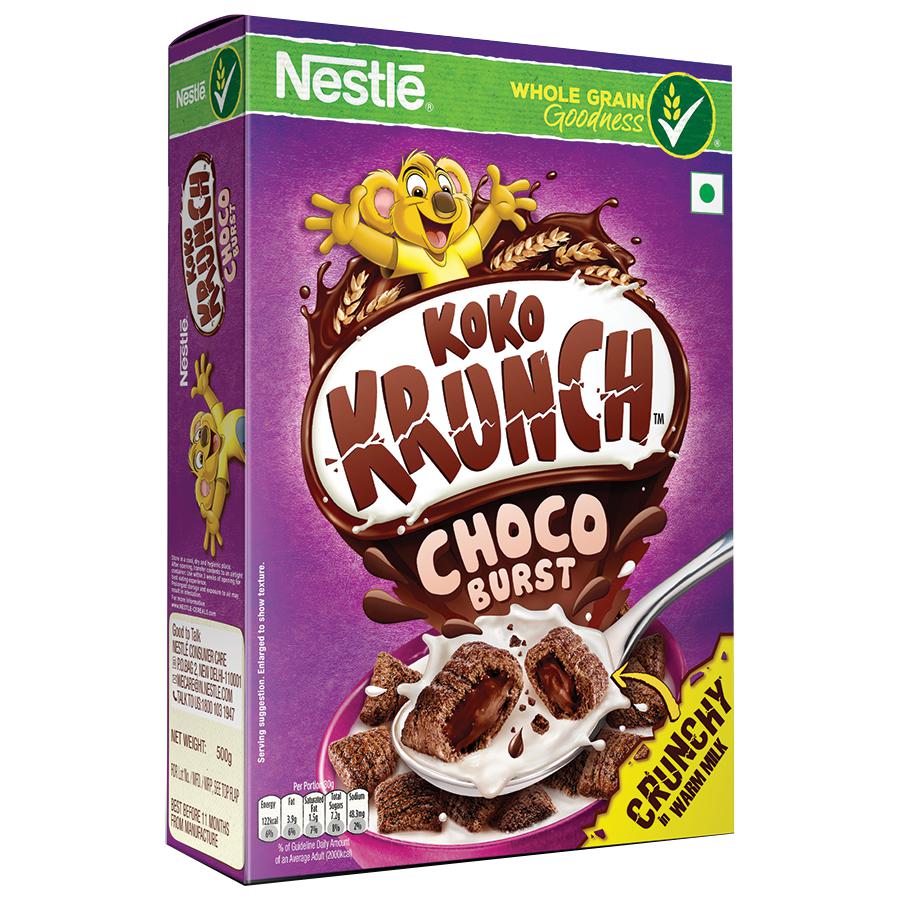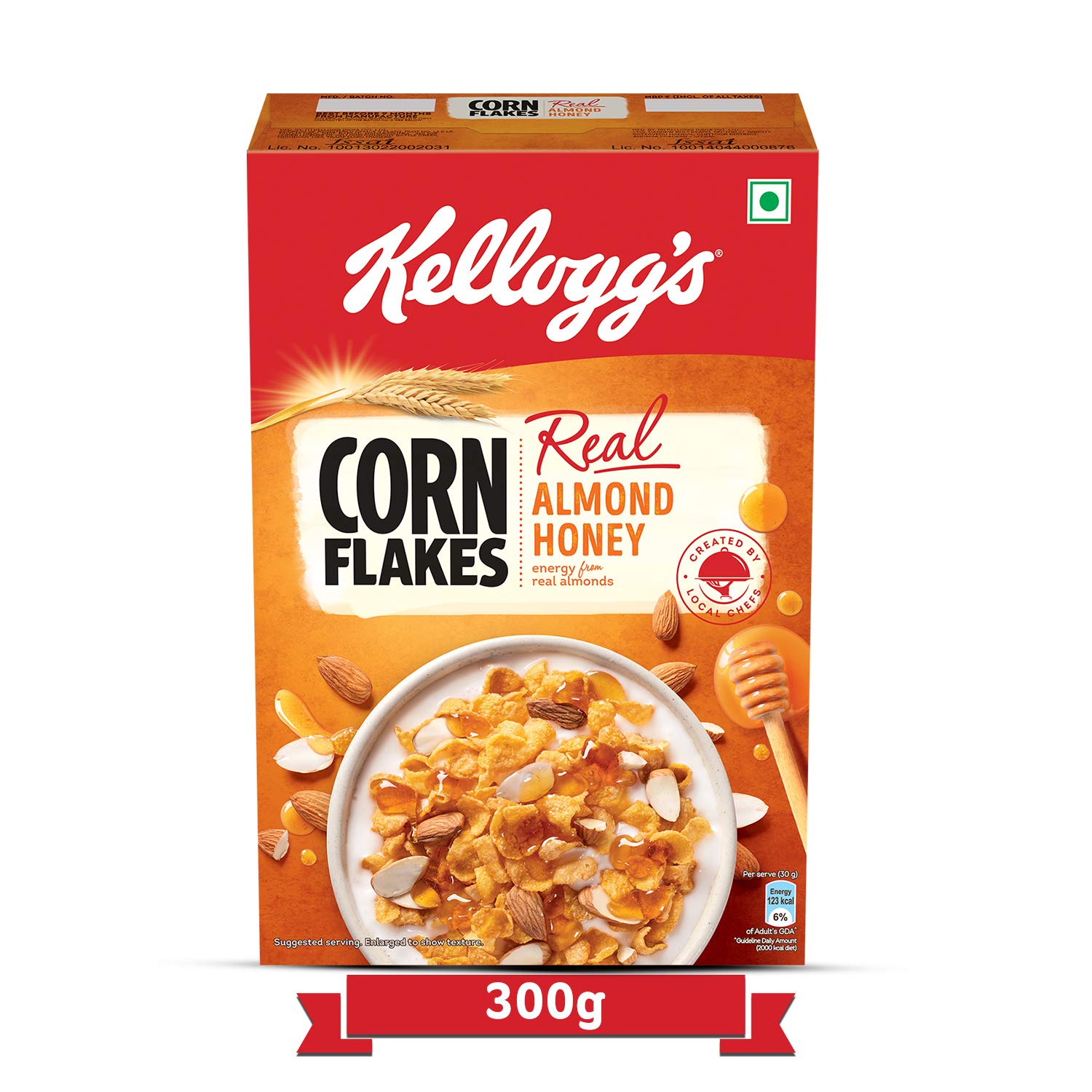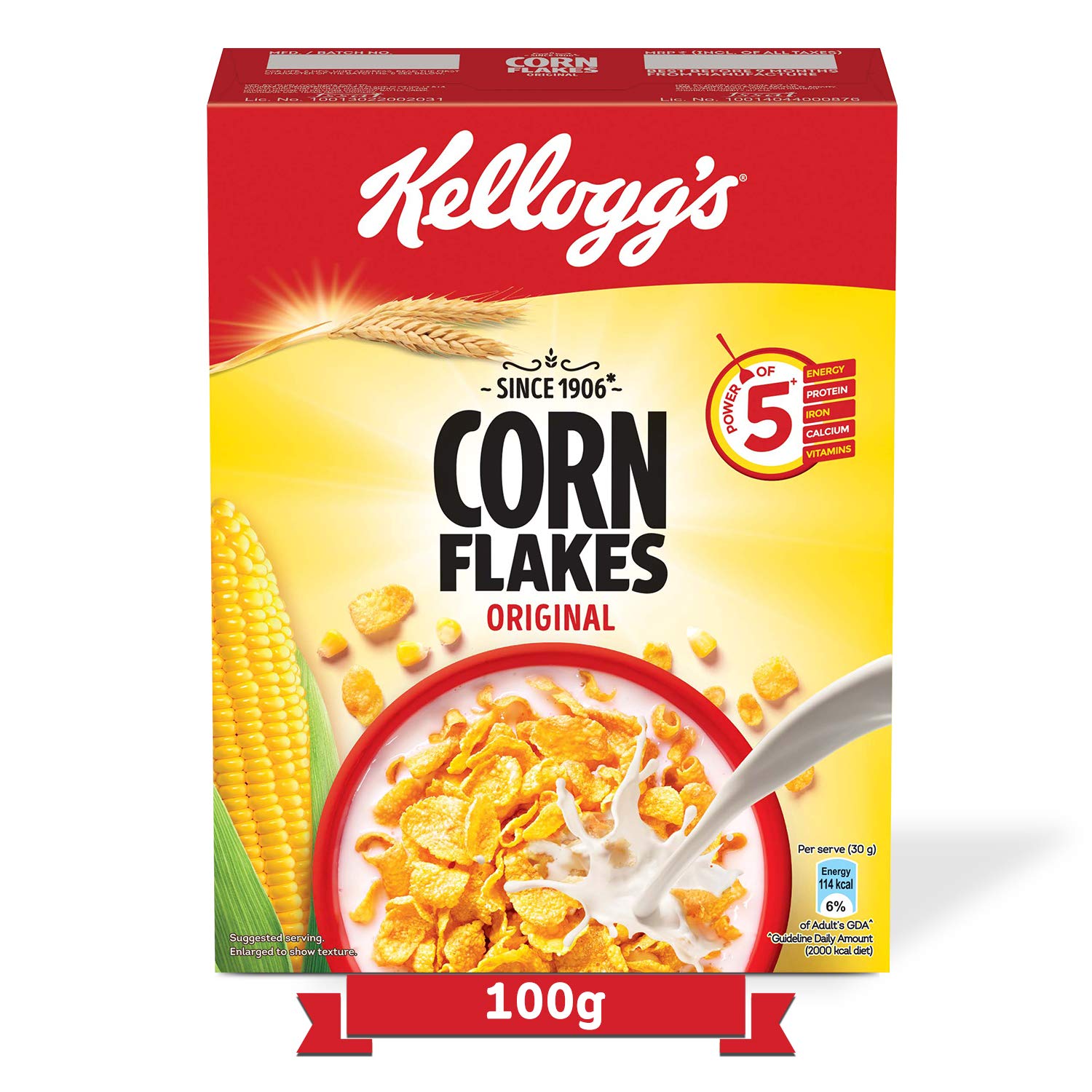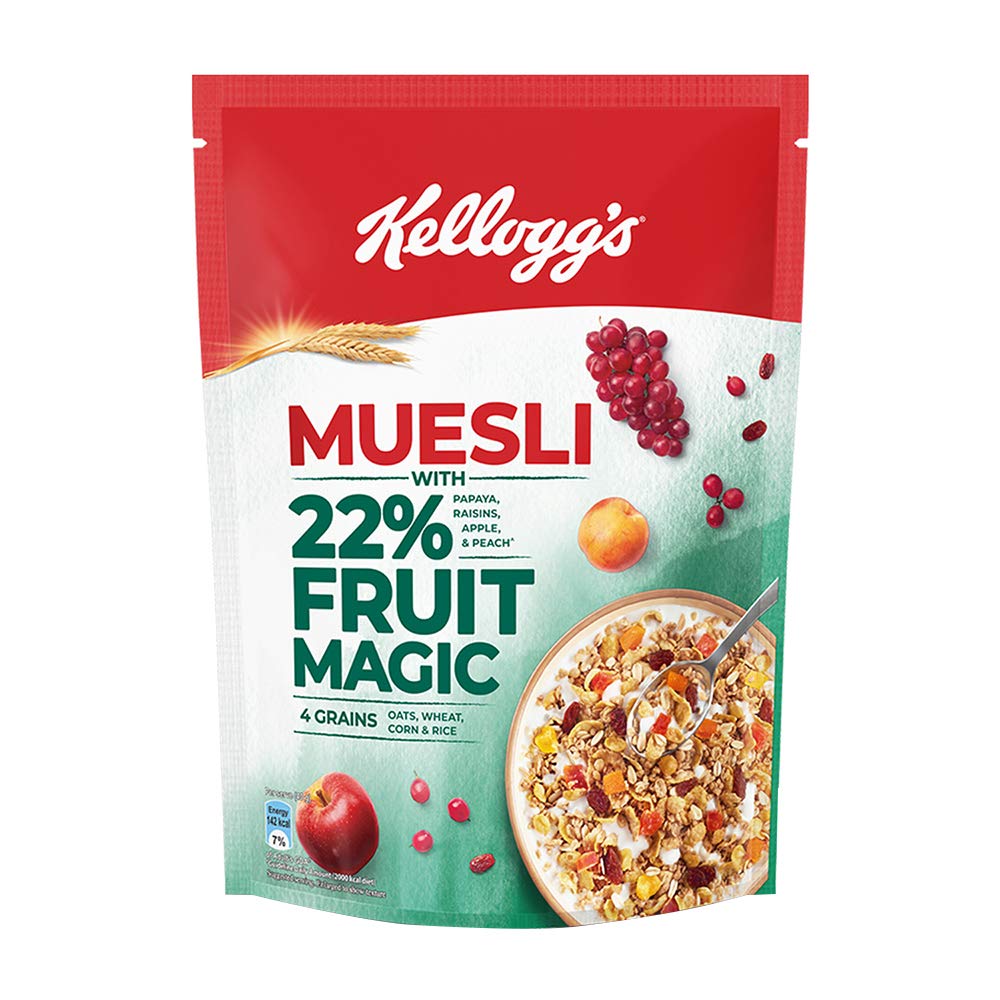Vitamin B6 (Pyridoxine)
Micronutrient
Last update date: October 11, 2023
Vitamin B6 helps in the production of haemoglobin - a protein in the blood, that carries oxygen throughout the body.
Frequently Asked Questions
1.
What is Vitamin B6 (Pyridoxine)?
Vitamin B6, also called pyridoxine, is a vitamin that dissolves in water and can be found naturally in many foods. It can also be added to certain foods or taken as a supplement. Vitamin B6 has an active form called pyridoxal 5’ phosphate (PLP), which is important for many processes in the body. PLP acts as a helper for over 100 enzymes, which are substances that help with various tasks in the body. These enzymes assist in breaking down proteins, carbohydrates, and fats, maintaining a healthy heart by controlling homocysteine levels, and supporting the immune system and brain function.
2.
What is positive impact of Vitamin B6 (Pyridoxine)?
Vitamin B6 offers several positive impacts on your health: Improving Mood and Reducing Symptoms of Depression: Vitamin B6 plays a role in the production of neurotransmitters, such as serotonin, which are important for regulating mood. Preventing and Treating Anemia by Aiding Hemoglobin Production: Vitamin B6 is involved in the production of hemoglobin, the protein in red blood cells that carries oxygen. Adequate B6 levels help prevent certain types of anemia. Being Useful in Treating Symptoms of PMS: Vitamin B6 may alleviate premenstrual syndrome (PMS) symptoms, such as mood swings, bloating, and breast tenderness. Helping Treat Nausea During Pregnancy: Vitamin B6 supplementation has been found to reduce nausea and vomiting commonly experienced during pregnancy. Preventing Clogged Arteries and Reducing Heart Disease Risk: Adequate levels of vitamin B6 can help maintain healthy homocysteine levels, which is important for cardiovascular health and reducing the risk of heart disease.
3.
What is negative impact of Vitamin B6 (Pyridoxine)?
While vitamin B6 is generally safe, excessive intake from supplements can lead to negative effects, such as: Lack of muscle control or coordination of voluntary movements (ataxia): Very high doses of vitamin B6 can cause difficulty with muscle control and coordination. Painful, disfiguring skin lesions: Excessive vitamin B6 intake can result in skin lesions that may be painful and disfiguring. Heartburn and nausea: Some individuals may experience heartburn and nausea when consuming high amounts of vitamin B6. Sensitivity to sunlight (photosensitivity): In rare cases, excessive vitamin B6 intake may increase sensitivity to sunlight, leading to sunburn-like reactions. Numbness: Taking very high doses of vitamin B6 for an extended period may cause numbness or tingling in the extremities..
4.
Who should avoid Vitamin B6 (Pyridoxine)?
Certain individuals should exercise caution or avoid high-dose vitamin B6 supplementation. You should avoid vitamin B6 if: You are taking altretamine (chemotherapy drug): Vitamin B6 may reduce the effectiveness of altretamine, especially when combined with the chemotherapy drug cisplatin. You are taking barbiturates (central nervous system depressants): Vitamin B6 can decrease the duration and intensity of barbiturate medications. You are taking anticonvulsants (fosphenytoin or phenytoin): Vitamin B6 may decrease the effectiveness of these anticonvulsant medications. You are taking levodopa (used to treat Parkinson's disease): It is advisable to avoid taking vitamin B6 with levodopa as it may reduce the effectiveness of the drug.
5.
What are common sources of Vitamin B6 (Pyridoxine)?
Vitamin B6 can be found in a variety of animal and plant-based foods, including: Beef liver: Beef liver is a particularly rich source of vitamin B6, providing a substantial amount in a single serving. Fortified cereals: Many breakfast cereals are fortified with vitamins and minerals, including vitamin B6. Check the nutrition labels to find cereals enriched with this nutrient. Chickpeas: Chickpeas, also known as garbanzo beans, are a plant-based source of vitamin B6, making them an excellent option for vegetarians and vegans. Poultry: Poultry, such as chicken and turkey, contains vitamin B6. Opt for lean cuts without the skin for a healthier choice. Dark leafy greens: Vegetables like spinach, kale, and collard greens are not only packed with vitamins and minerals but also provide vitamin B6. Bananas: Bananas are a versatile and easily accessible fruit that contains a good amount of vitamin B6.


